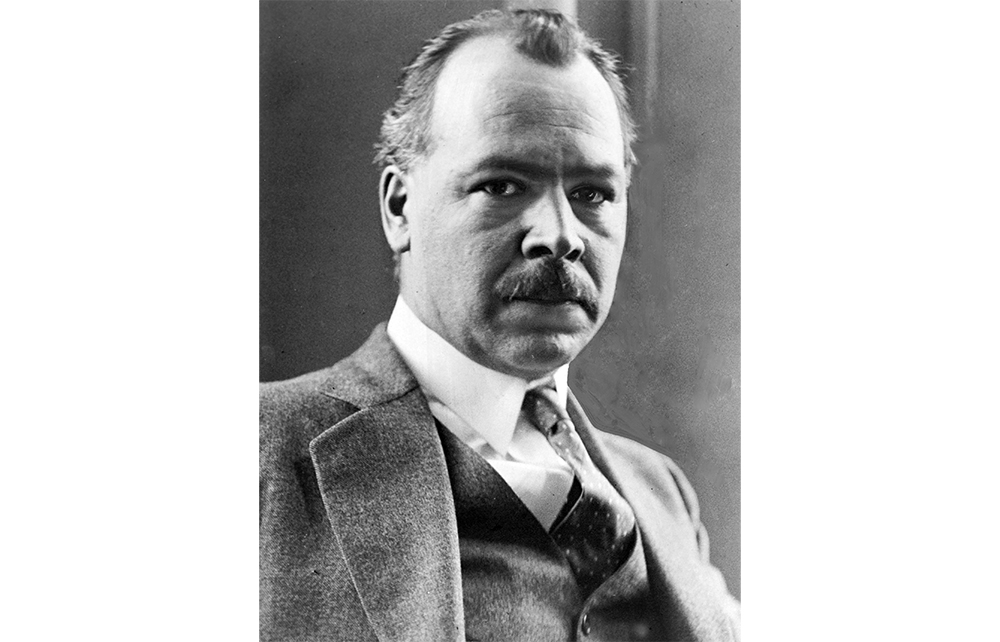The idea was revolutionary – yet there was something ancient at its heart. The scientist Nikolai Vavilov, arriving in Petrograd in 1921 to take the helm of the Bureau of Applied Botany and Plant Breeding, was on a sacred mission: to make, in his words, ‘a treasury of all known crops and plants’. The world’s first seed bank would shape the future of agriculture – possibly even eliminate failed harvests and hunger. This was gleaming scientific idealism, but there was also an element of the Old Testament Ark about it.
Throughout the siege, the botanists had to find the superhuman strength not to eat the seeds themselves
The vision would collide with the brute reality of Stalin’s own efforts to bend nature to his will, and then the nightmarish Nazi invasion of Russia in 1941. Petrograd – by then named Leningrad – would be besieged for three years and transformed into a frozen necropolis with iced-over corpses lying in the streets.
The blockade of Leningrad was one of the most murderous in history. In the space of one terrible starvation winter – 1941-42 – it is reckoned that around one million citizens perished. Throughout this, Vavilov’s team of young botanists were undergoing their own extraordinary crisis. First they faced the task of preserving this world-leading seed bank against desperate, famished citizens foraging for any food – a siege within a siege. Then they needed to keep the institute functioning in the face of extreme cold (electricity could never be guaranteed and temperatures dropped to -40°C); to protect the seeds against German bombing raids and from the gnawing teeth of rats; and, most pressingly, for the botanists to find the superhuman strength not to consume the seeds themselves. Simon Parkin is excellent at evoking the city-wide torture of starvation – and the ingenuity in the institute’s quest to cultivate new food sources as the siege progressed.







Comments
Join the debate for just £1 a month
Be part of the conversation with other Spectator readers by getting your first three months for £3.
UNLOCK ACCESS Just £1 a monthAlready a subscriber? Log in